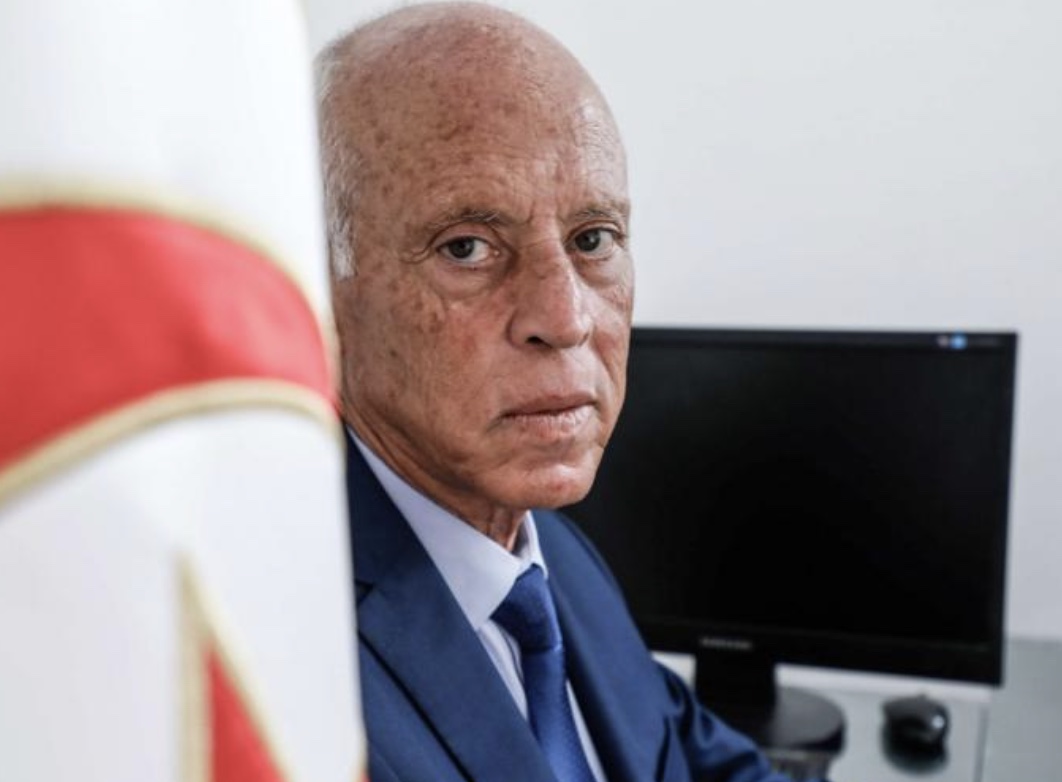In the midst of the debate on the European pact on migration and on the formulas to contain the increase in irregular arrivals in the European Union, Tunisia, which signed a criticized memorandum of understanding with the European Commission to manage migratory flows, gave another sign that the deal could derail.
The Tunisian authorities have vetoed the visit of the Foreign Affairs Commission of the European Parliament, which was supposed to analyze the economic and political situation of the country from yesterday to Saturday. The study of the recent agreement that Brussels wants to use as a model with other countries of origin and transit to reduce immigration in the EU was also expected. This is a controversial agreement signed in July, the details of which are not known, but which provides for a financial package of 9 billion euros - even if linked to the approval of the disbursement by the International Monetary Fund - which has attracted strong criticism due to attacks on human rights attributed to the government of Tunisian president Kais Said.
The Tunisian Foreign Ministry sent a letter to the European Parliament delegation saying it had "multiple reservations" about the visit. “This delegation is not authorized to enter Tunisian territory“, we read in the letter dated Wednesday and to which EL PAÍS had access.
The MEPs, led by the German Christian Democrats Michael gahler (European People's Party), were to meet civil society organisations, trade unions, opposition leaders and representatives of political foundations. According to Parliament sources, Gahler also asked to meet his Tunisian counterparts.
Gahler said Tunisian authorities had not given the EU delegation any reason for the veto. “This behavior is unprecedented since the democratic revolution of 2011." the commission said in a statement. “We remain convinced, as the EU has been calling for since July 2021, that the disastrous economic and social situation in Tunisia, further aggravated by the humanitarian crisis, urgently requires a comprehensive national dialogue, without which the prospects for stable political and economic development in Tunisia remain desolating“, add the MEPs.
The agreement for the management of migratory flows by Tunisia generated, from the beginning, discontent in several member states due to the lack of preliminary consultations. EU sources also expressed concern about the deterioration of migrants' rights and the situation in the country.
Subscribe to our newsletter!
